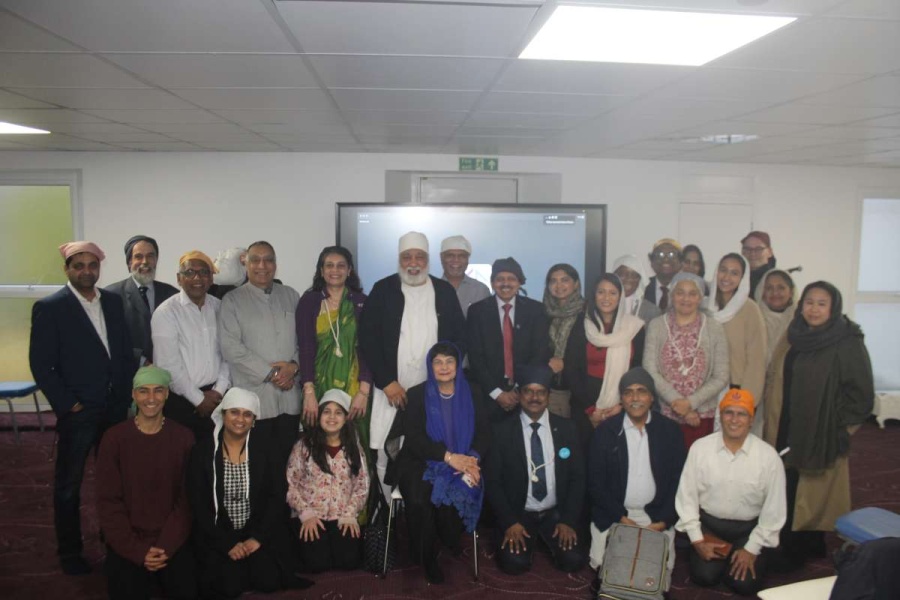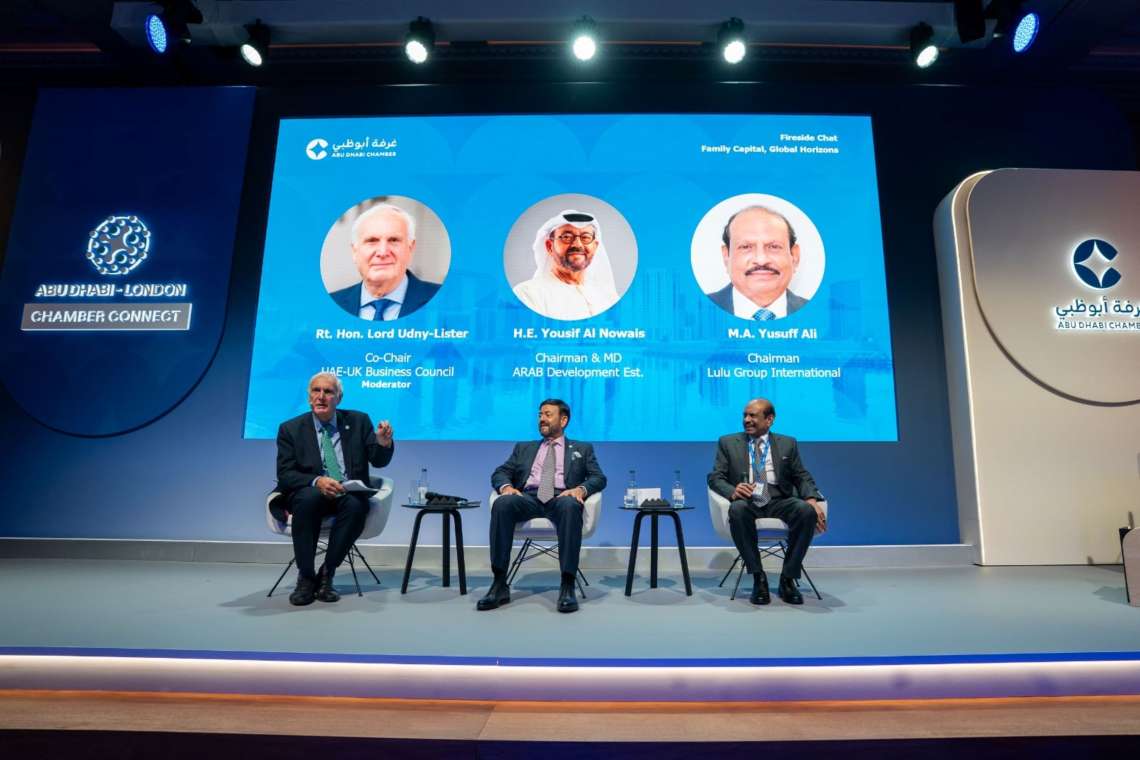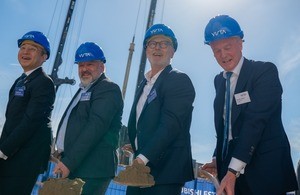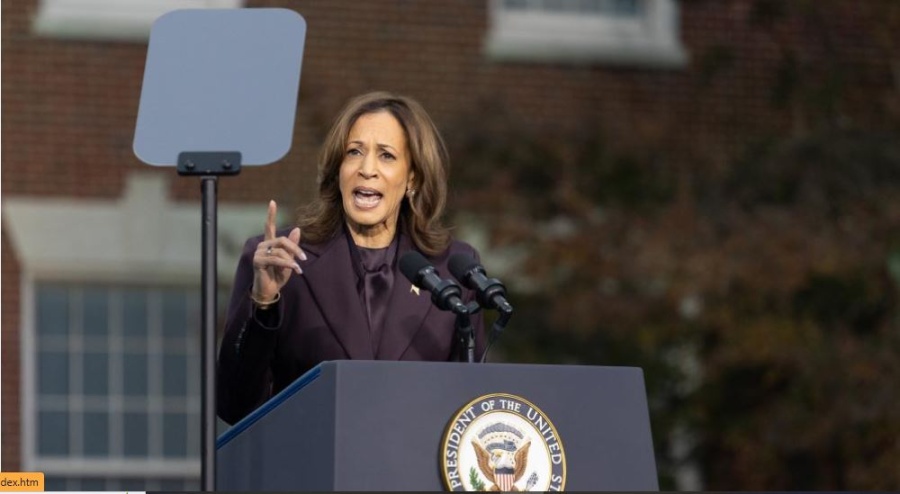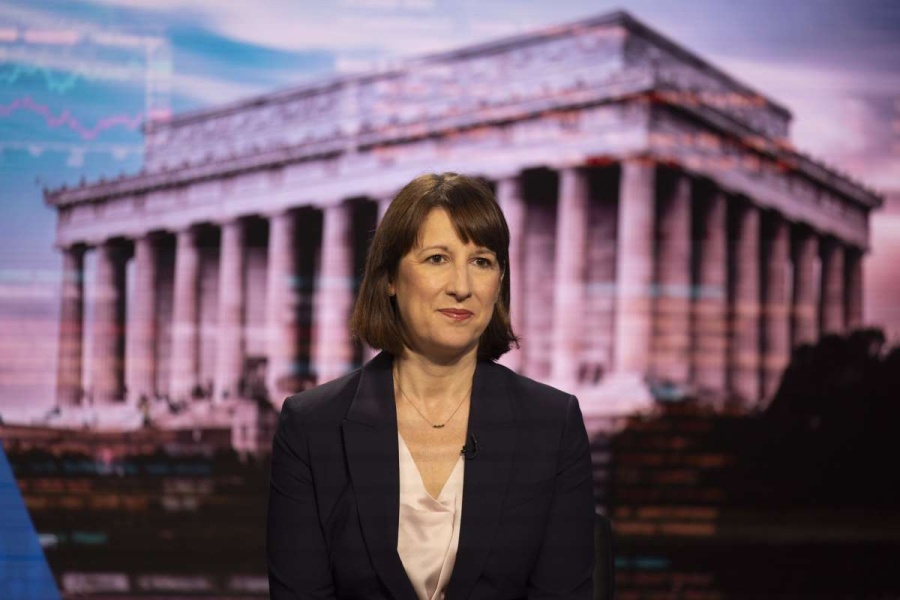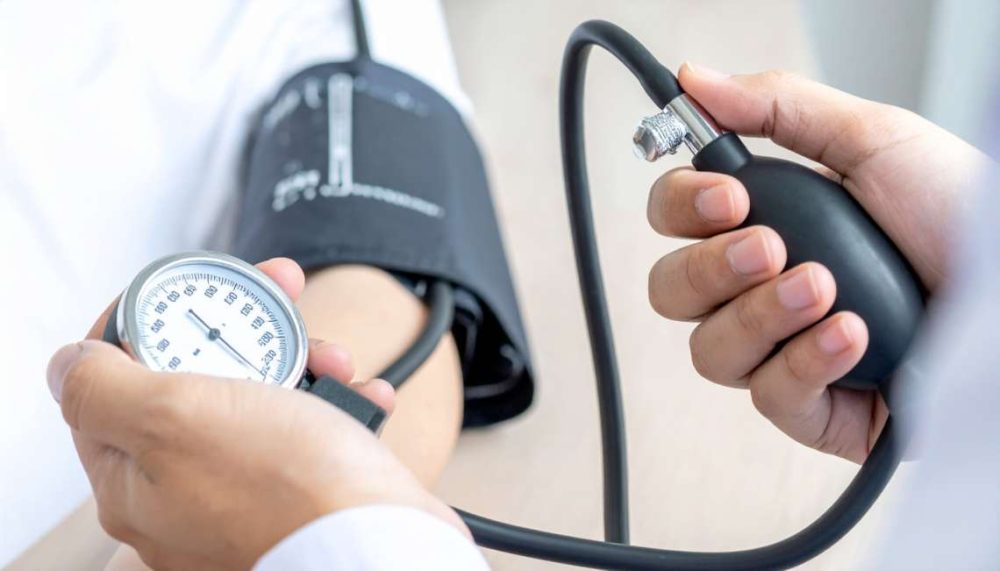The first Integrative Medicine Summit held at Central Gurudwara in London on 24 & 25 October 2024 was nothing short of extraordinary. It brought together experts from translational research, Ayurveda, modern medicine, and the NHS. The gathering embodied a collective commitment to advancing integrative healthcare.
Reflecting on the recent Summit, each contribution brought depth and insight to our shared goal of bridging Ayurveda and modern medicine.
Amarjeet S. Bhamra of Ayurveda Centre of Excellence welcomed all delegates of ACE Integrative Medicine Summit 2024, which explores the synergy between Ayurveda and other forms of Medicine to support the management of chronic disease. It will also look at ways of enhancing patient care and delivering cost-effective healthcare solutions in the UK. The Summit brings together, health leaders, politicians, medical doctors, Ayurveda practitioners and social influencers to engage in meaningful discussions, formulate policy recommendations, and promote the integration of evidence-based preventive medicine into healthcare delivery systems.
He set the stage with a strong message of unity, emphasizing the importance of collaboration for the future of integrative medicine and said, this Summit is designed to foster collaboration between traditional Ayurvedic practices and modern medical science, with a focus on developing actionable strategies for integrating these practices into mainstream healthcare.
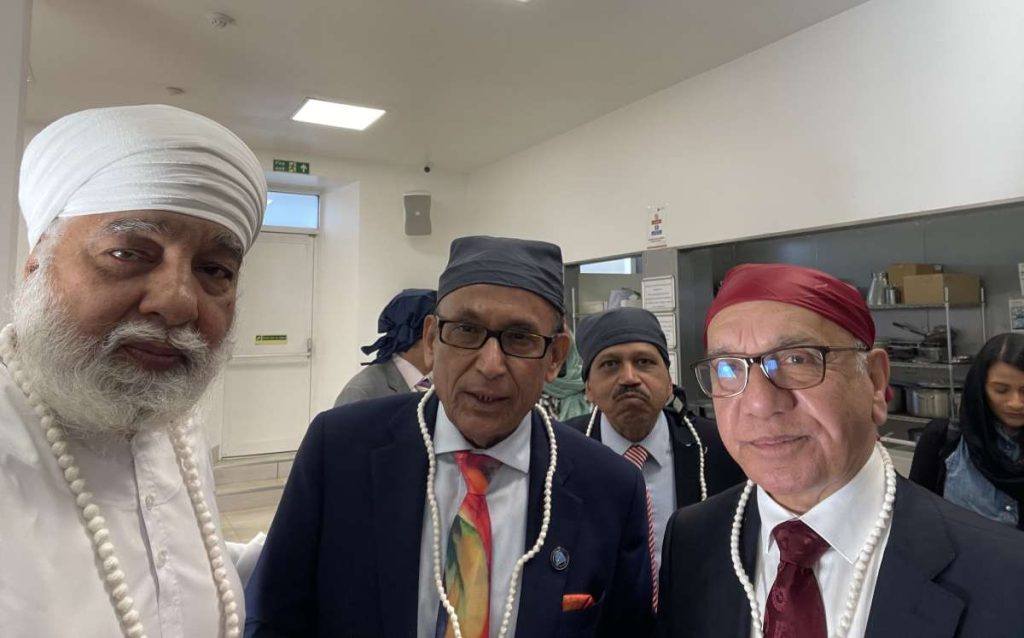
The Rt Hon Baroness Verma Member of House of Lords and Virendra Sharma former MP, with his experience as the ex-chairman of the All-Party Parliamentary Group on Indian Traditional Sciences, further reinforced this by welcoming us with inspiring words. Video messages from Prof Dr Tanuja Nesari Director All Indian Institute Ayurveda Ministry of AYUSH Government of India, Dr. Michael Dixon, Chair of the College of Medicine & Integrated Health, and Prof Monique Simmonds OBE Director of Commercial Innovation Unit & Deputy Director of Science at Royal Botanical Gardens Kew London provided much-needed support for integrating Ayurveda into mainstream healthcare.
The first day was enriched by NHS Dr. Ramesh Mehta, CBE, was led by the chairman of British Association of Physician of Indian Origin (BAPIO) who explored the potential of holistic wellness programs within the NHS, paving the way for a deeper dialogue on integrating preventive care. His NHS colleagues Dr. Sunil Kumar contributed his expertise on lifestyle medicine, emphasizing its impact on chronic disease prevention—a powerful reminder of the role of proactive health management. NHS Dr. Hrishikesh Jejurikar and NHS Dr Rajeev Gupta shared compelling success stories of integrating complementary and alternative medicine (CAM) into mainstream practices, and also his insights in finding gaps in modern medicine to fit in Ayurveda, illustrating the real-world benefits of our mission. Dr. Geethakrishnan’s video presentation on WHO’s vision for integrative medicine urged us toward a unified, global approach, reinforcing our purpose.
Analysing the Contribution of Ayurveda to the Public Health was addressed by specially invited speakers from India offered equally insightful, with Prof. Bhushan Patwardhan discussing Ayurveda’s role in universal health coverage and sharing his vision for its future. Prof. Darshan Shankar provided a detailed roadmap for the incorporation of Ayurveda and Yoga into the NHS, giving us clear steps forward. Prof. Unnikrishnan presented evidence of Ayurveda’s impact on managing chronic diseases, adding weight to our advocacy for preventive healthcare.
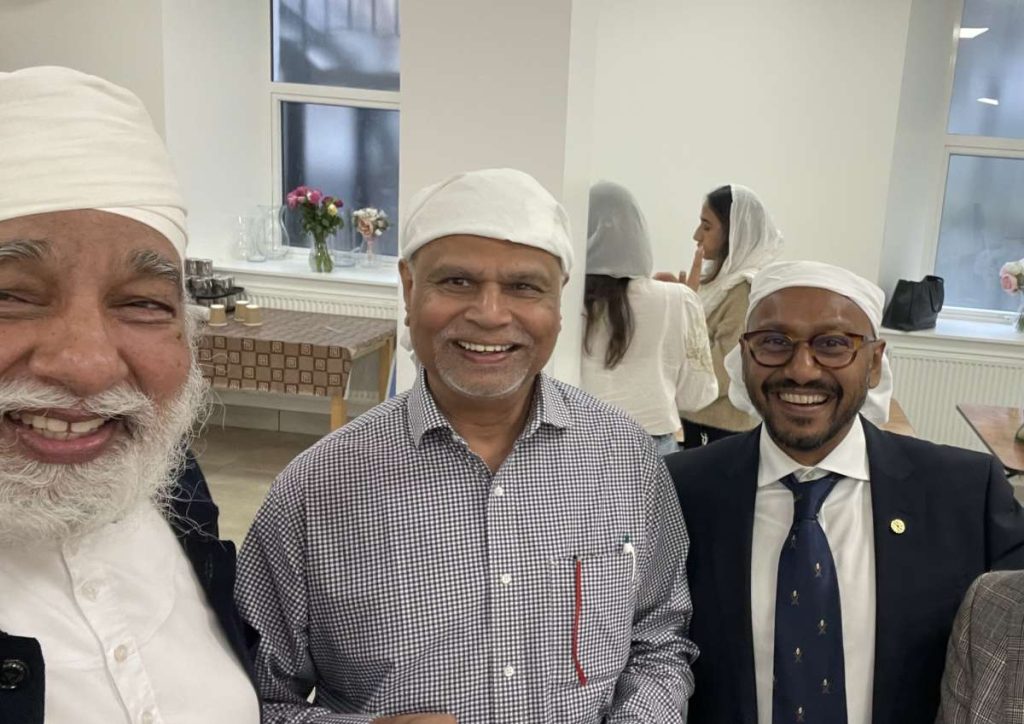
Policies on Integration and Pluralism in Health Education were addressed by 1. NHS Dr Payal Mehta- Using Ayurveda alongside Modern Medicine, 2. Dr Rajeev Gupta- Policy Framework for Complementary and Integrative Medicine in the UK and 3. Anushka Shukla from the Imperial College London- Global Perspectives- Ayurveda in Modern Medical Education:
Session of Evidence-based Practice were addressed by 1. Leyla El Moudden- How to collect the evidence for the benefit of Ayurveda, 2. Gayatri Puranik from Germany- How to demonstrate the Safety of the Ayurveda system and medicines. 3. Dr Poppy Mallinson London School of Hygiene and Tropical Medicine- APRIL: Challenges in Research. 4.Dr. Bhavana Prasher, M.D (Ayurveda) Senior Principal Scientist, CSIR-IGIB (Zoom)- Ayurgenomics: A novel integrative framework of Ayurveda and Genomics for system Biology and translational medicine.
On the second day, NHS Dr. Merlin Willcox highlighted the opportunities and challenges of integrating Ayurveda within the NHS, and Dr. Jejurikar returned to discuss the collaborative potential between Ayurveda practitioners and medical doctors, fostering partnerships essential to our growth. Dr. Sanjay Kinra London School of Hygiene and Tropical Medicine and Head of APRIL, joining via video, offered research strategies to fortify Ayurveda’s scientific foundation, ensuring its credibility in the medical community.
I had the opportunity to share my work in poly-scientific Ayurveda, which Prof. Patwardhan likened to the innovation of “Elon Musk of India.” I am honoured by this comparison and am inspired to continue pioneering research that merges traditional knowledge with scientific rigour and he covered Statistically Significant 5-Year Survival Outcomes in Palliative Care Through Evidence-Based Poly-Scientific Ayurveda.
As NHS Dr. Naga Venkatesh Jayanthi emphasized, bringing our efforts together under ACE would create a powerful foundation for Ayurveda. Having multiple disciplines united in purpose would strengthen our impact, and I am committed to supporting this direction for ACE. Dr Jayanthi spoke on Ayurveda in Cash Strapped NHS, Need for Evidence.
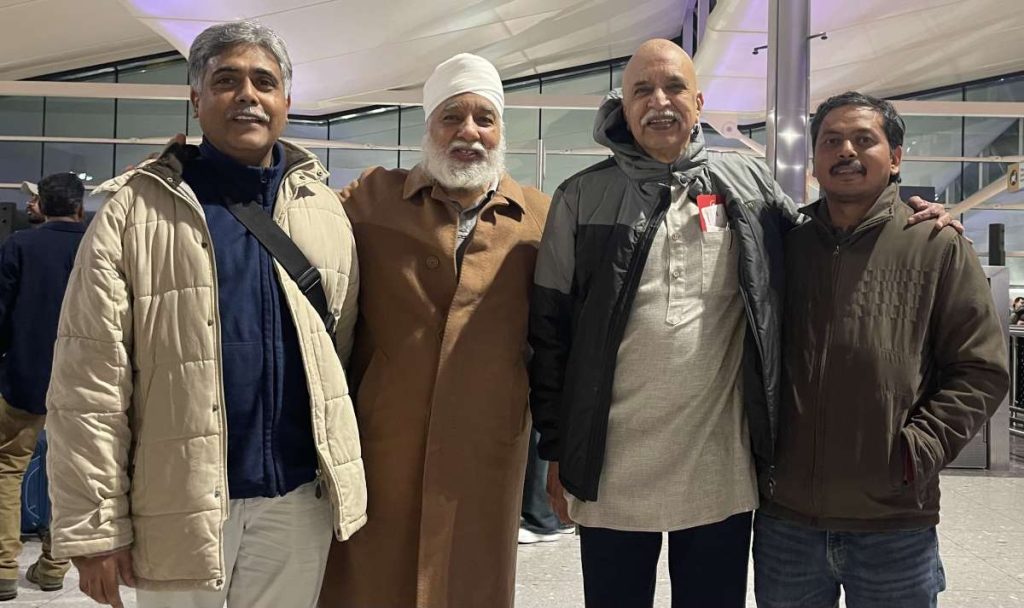
A panel discussion was led by Dr Palitha Serasinghe, Dr. Hrishikesh Jejurikar, Dr Rajeev Gupta, Dr. Naga Venkatesh Jayanthi and myself and were truly enlightening. Special contribution was also made by Andrea Nunez Casal, Coll de Lima Hutchinson, Dr Heena Nagadia and Dr Mahesh Mathpati. Summary of the Outcomes from the ACE Integrative Medicine Summit were addressed by Prof Darshan Shankar, Prof. Bhushan Patwardhan, Prof. Unnikrishnan and Amarjeet S Bhamra. I highly valued your insights were pioneering added such depth to the conversation and your perspectives were exceptionally invaluable.
Thank you all for this inspiring experience and for strengthening our resolve to advance our mission together.


